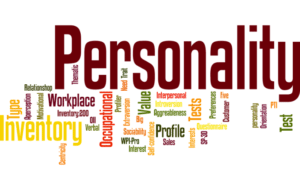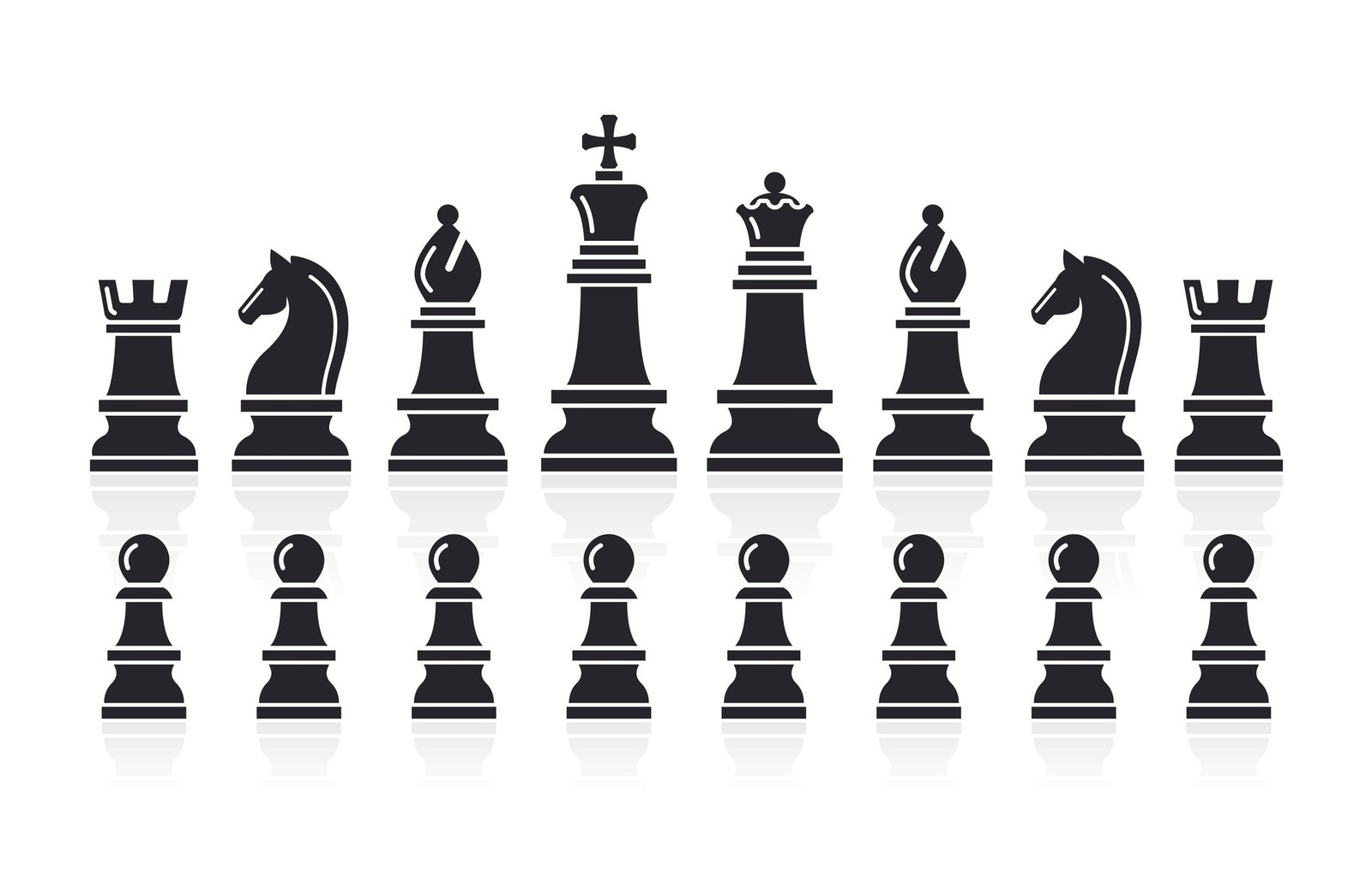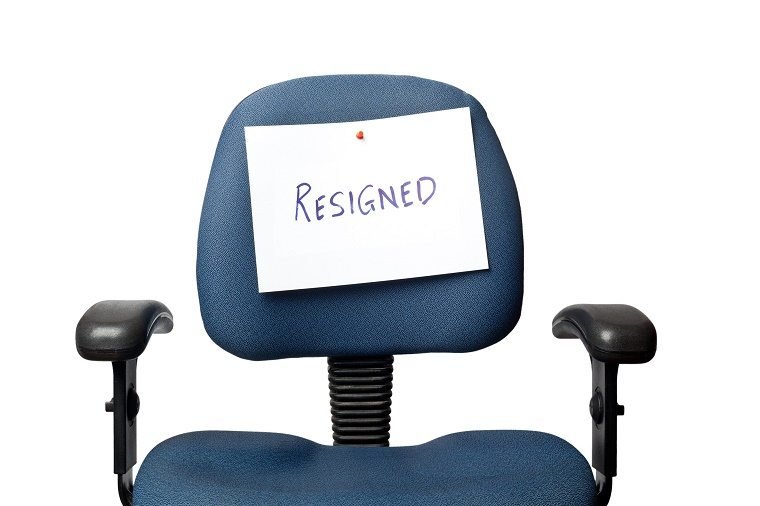
Finding Career Direction
When trying to determine career direction, it is best to use multiple perspectives including psychometric inventories (such as the Myer Briggs Type Inventory better known as the MBTI, and the Strong Interests Inventory) and a values-based one. Another approach that augments the output of the other perspectives is a strengths-based one. Essentially this is a full identification of your skills – your work skills and other skills developed through your involvement in hobbies, leisure pursuits or sports – and these skills are then categorised.
Skills that you are good at
Everybody has skills, some of which you are good at and others not so good. It makes sense when looking at possible future careers or jobs to focus on those skills you are good at – if your work involves skills you are good at, you are going to do well in that job and progress. However, for those skills that you are good at or strong in, there are always some that you don’t particularly like doing. A job centred on skills that you don’t like doing is one that will eventually cause you stress and unhappiness.
Skills that you enjoy doing
Then there are skills that you are both good at or strong in and enjoy doing – these we call your ‘strengths’. A career or job that utilises your strengths is one that you will do well in because you are working to your strengths – those areas that you are good at. Obviously doing things that you are mostly good at will get you noticed in work, will lead to increased responsibilities, quicker promotion, and continual salary increases. Furthermore, when your work involves doing things that you enjoy doing - whether that is working with people either as colleagues or as customers, uncovering facts and figures through detailed research, using your hands to help make something, etc – your work will bring you contentment, gratification, and joy. Working to your strengths brings fulfilment, job satisfaction and happiness.
Using strengths in career direction finding
There are two ways your strengths can be used in the career direction finding process. Firstly, when you look at your strengths as a group, ask yourself do these suggest a career or job – or what career or job would facilitate you in using most of these strengths? You may have to do some research for this. Talk to family and friends about it. Discuss your strengths with a trusted mentor or teacher. Look at an occupational database such as www.onetonline.org which will allow you search jobs with various keywords. The effort involved is well worth the outcome – finding a career or job that will bring fulfilment and job satisfaction.
The other way you can use your strengths in the career direction finding process is using them as criteria to evaluate whether various jobs will be suitable for you. If you have a shortlist of jobs, ask yourself which of them will facilitate you in using your strengths? And which of them will allow you use your strengths most? If such a job has already being judged suitable to your personality type and core interests, wouldn’t that be your dream job?






